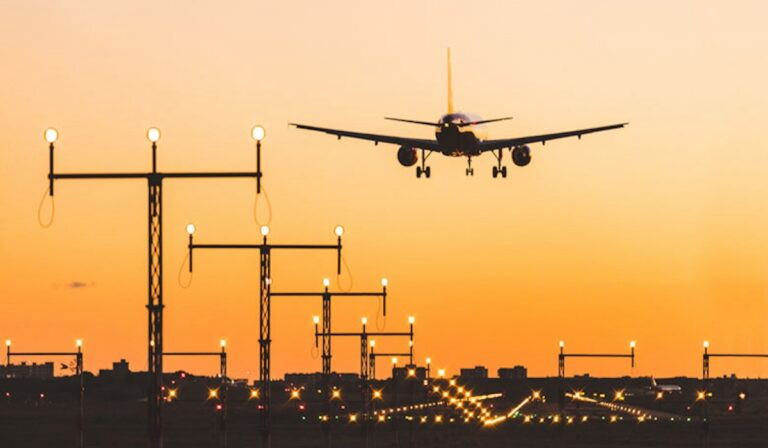In the air charter sector, adapting to change is not just a requirement; it’s a survival strategy, according to Aviocharter’s Igor Mantrov.
“There’s never-ending price pressure. Rates are based on demand and supply,” he explained, citing trade lanes like the Far East to USA and Europe experiencing peaks, driven by pre-holiday rushes and demand-led fluctuations elsewhere.
“The general normalisation of supply chains enables logistics companies and shippers to require fewer emergency uplifts. However, certain industries, such as automotive and oil and gas, still need this on a consistent basis.
“We constantly need to demonstrate that we deliver value for the client, over and above speed and personalised service.
“At the high end of heavy aircraft, the withdrawal of capacity of heavy ramp-loading aircraft such as Antonov 124 and Ilyushin 76 has affected certain categories of cargo, with this category of cargo increasingly opting for sea freight instead now.”
In Aviocharter’s assessment, the start of 2024 witnessed strong demand from India, alongside robust shipments from Europe.
“During the first quarter of 2024, we saw strong demand in pharmaceuticals from India, reducing capacity and increasing prices.
“We also saw strength in oil & gas shipments into parts of Africa. Demand from the automotive sector on routes from Latin America to North America continues to be robust”.
Impact on operations
Traditional airlines have been increasingly building freighter operations, with Mantrov acknowledging that this “presents a shifting landscape.” This alteration has been paired with instability across certain routes and airlines, as operations are no longer viable due to political or operational reasons. This is where charter brokers would come to assist and use their knowledge/contacts to navigate complexities.
“We are also at the beginning stage of what I think will be a multi-year restructuring of global supply chains – re-shoring, “friend shoring”, nearshoring,” Mantrov outlined.
“Geopolitical considerations are at the heart of this change. At times like this, the air charter sector has an important role to play in helping our clients re-engineer their supply chains”.
Despite this change, Mantrov envisions continued growth driven by economic expansion and emphasises Aviocharter’s focus on heavy, urgent, and outsized cargo, ensuring relevance and demand.
“There are always opportunities, and 2024 is no different. We are a niche company. We believe our specialism, attention to detail, and obsession with client service will always be in demand in our space”.



